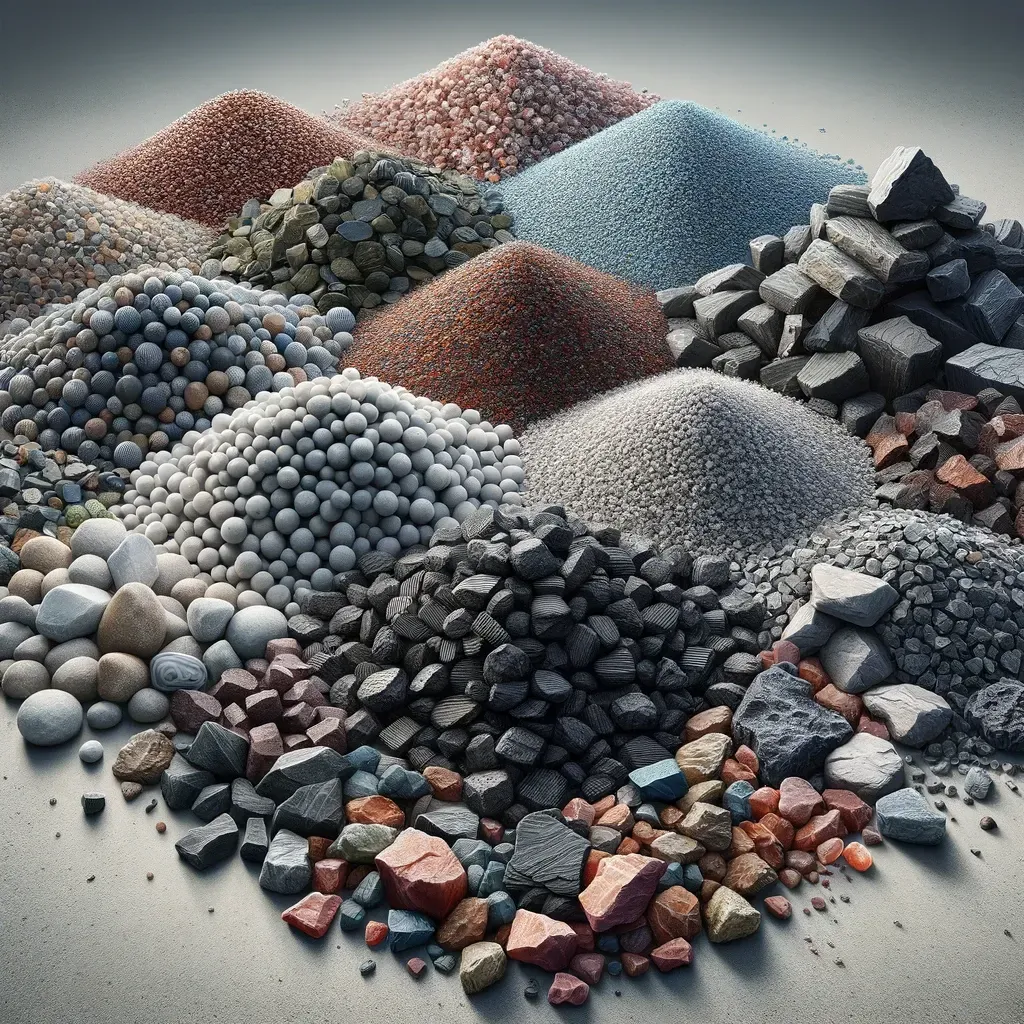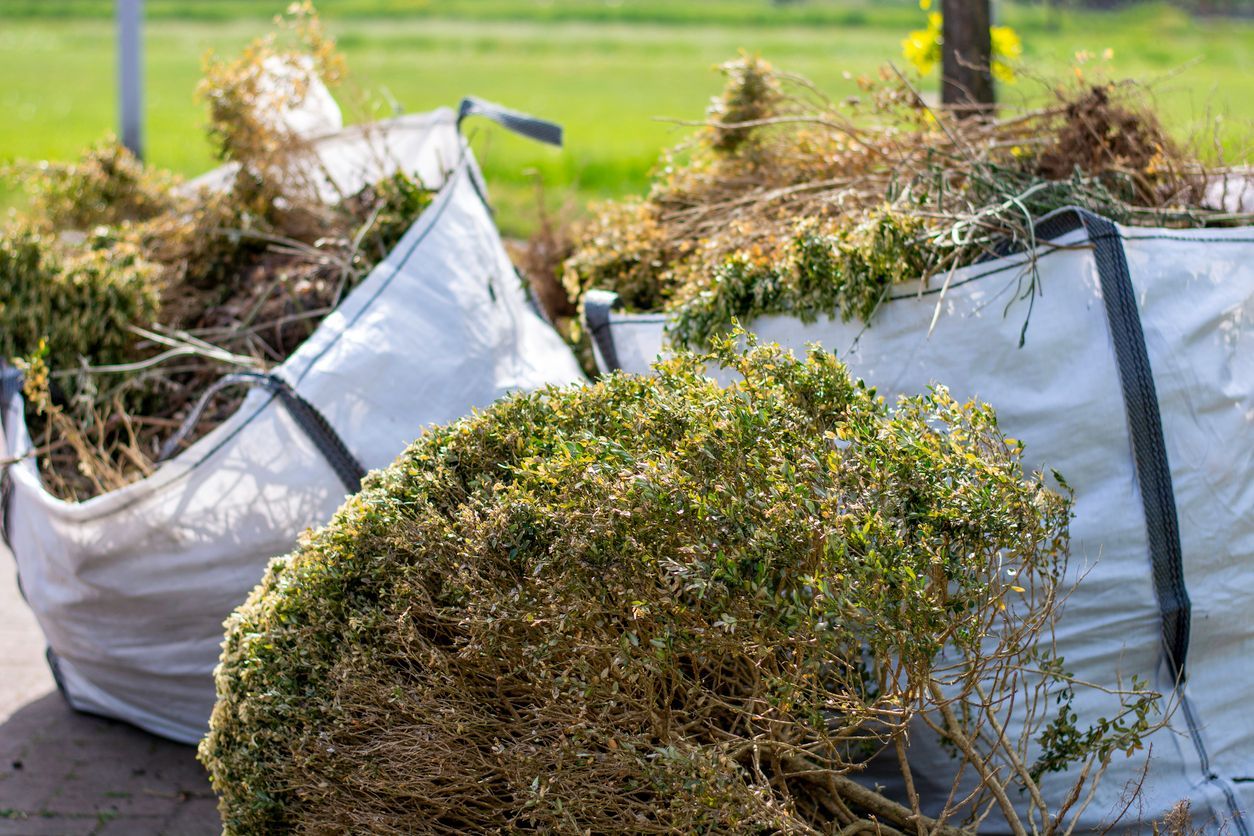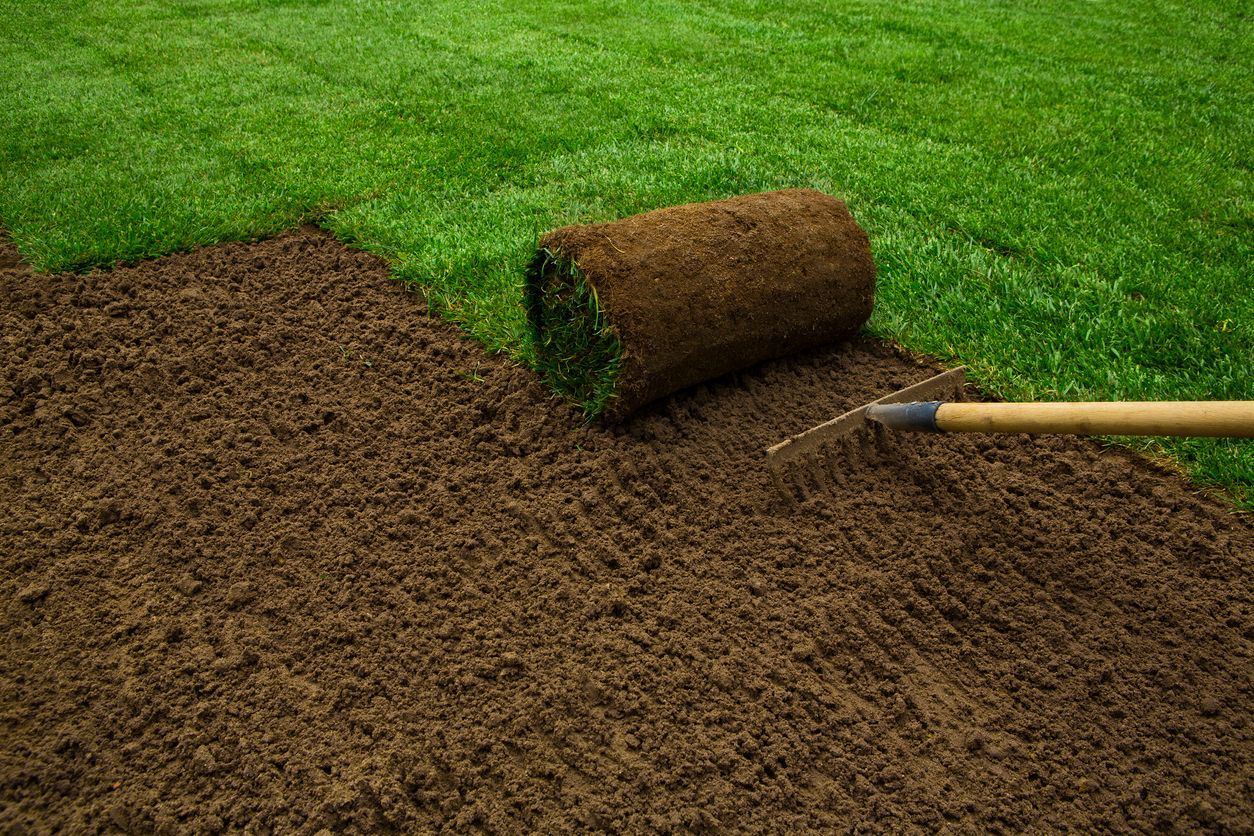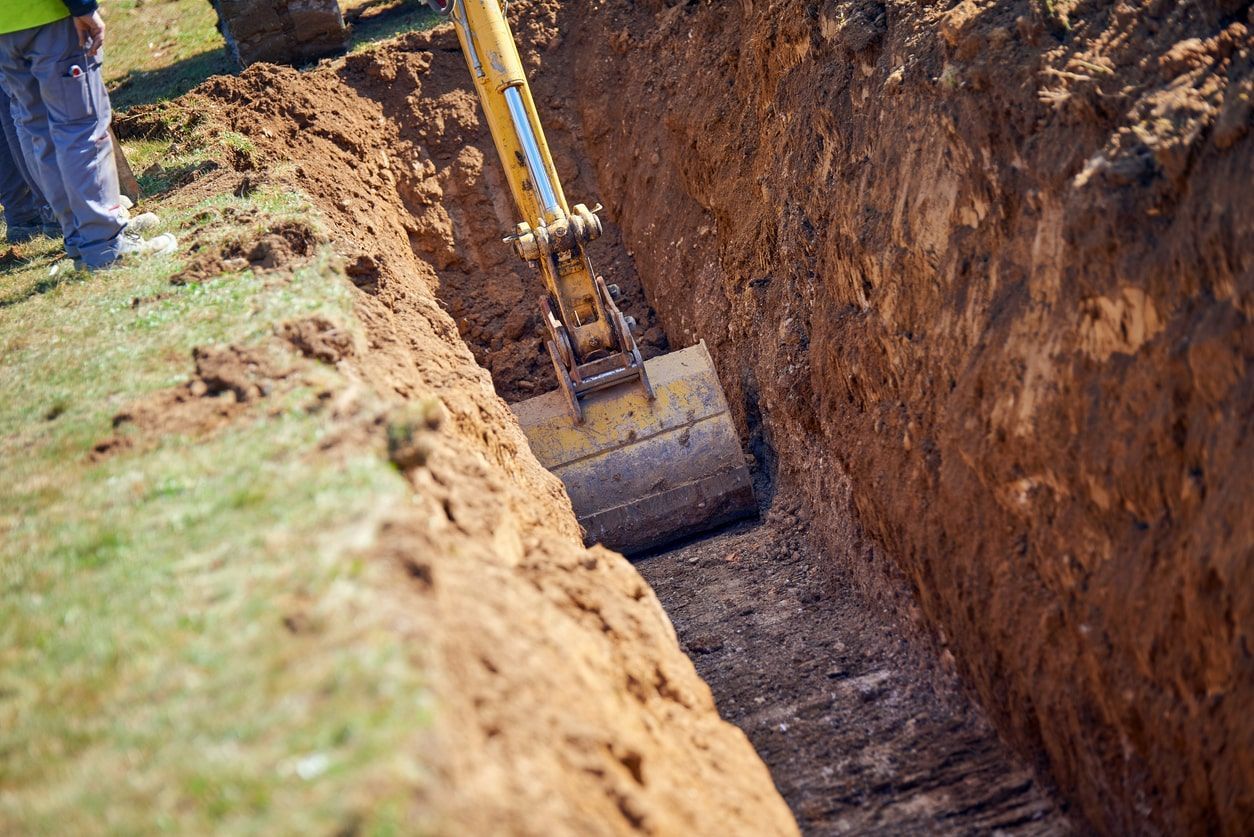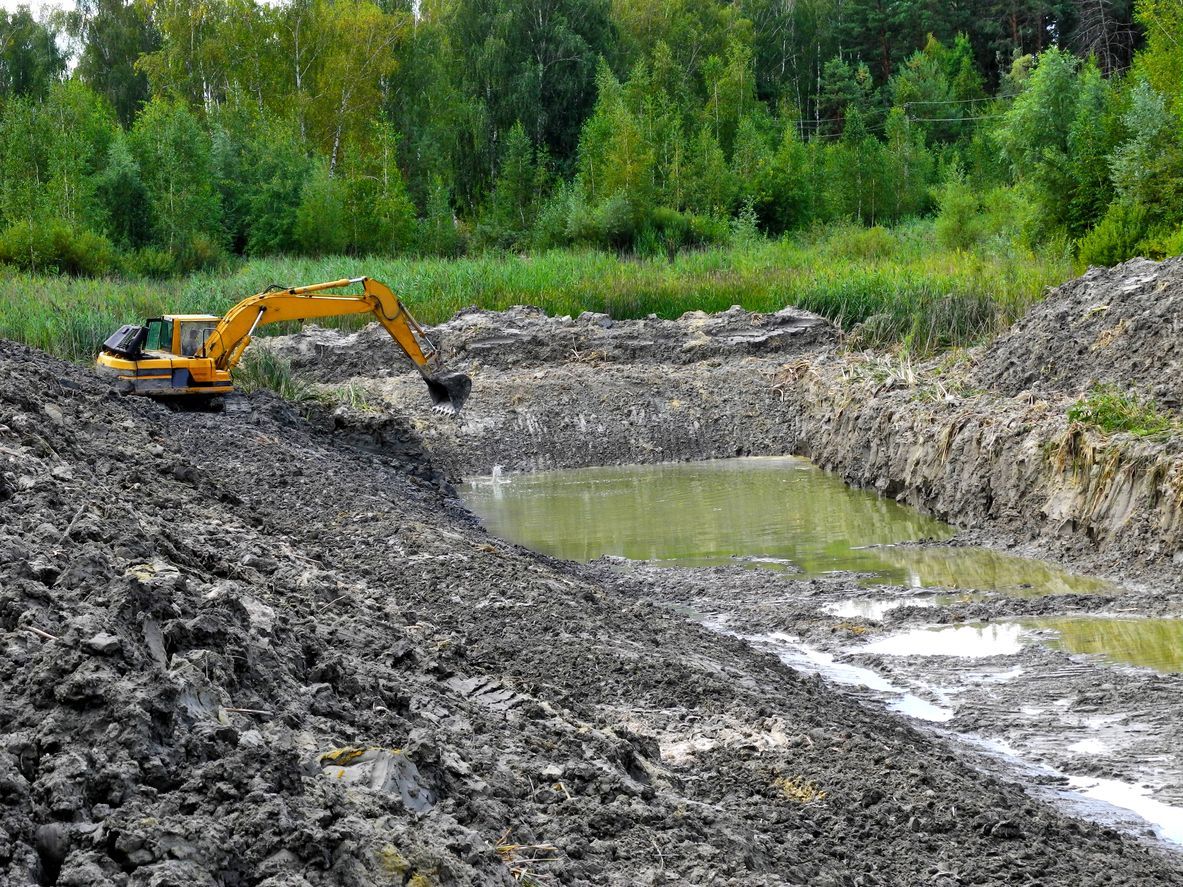Why Re-Grading New Construction Homes is Essential: How Homeowners Benefit from Hiring a Heavy-Equipment Landscaper and Earthworks Specialist
Date:
Purchasing a new construction home is often a dream come true for many homeowners. The promise of modern amenities, energy efficiency, and a brand-new living space can be incredibly appealing.
However, one critical aspect that sometimes gets overlooked in the excitement of moving into a new home is the grading of the lot. Proper grading, or the slope and contour of the land surrounding the home, is essential for ensuring the long-term integrity and functionality of the property.
Here, we explore why re-grading may be necessary for new construction homes and how homeowners can benefit from hiring a heavy-equipment landscaper and earthworks specialist to address issues like water drainage and other related problems.
The Importance of Proper Grading
Before delving into the reasons for re-grading, it's crucial to understand why grading matters in the first place. Proper grading serves several key purposes:
- Water Drainage: One of the primary functions of grading is to ensure water drains away from the foundation of the home. Improper grading can lead to water pooling around the foundation, which can eventually cause structural issues such as foundation cracks, basement flooding, and moisture problems.
- Preventing Erosion: Effective grading helps prevent soil erosion, which can occur when water runoff washes away soil from the property. This not only affects the aesthetics of the landscape but can also undermine the stability of the land and structures built upon it.
- Landscaping and Aesthetics: Grading sets the stage for landscaping and outdoor living spaces. A well-graded lot provides a more functional canvas for planting gardens, installing patios, and creating outdoor living areas that enhance the overall appeal and value of the property.
Common Issues with New Construction Grading
Despite best efforts during the initial construction phase, new construction homes may experience grading issues for several reasons:
- Inadequate Slope: The land may not have been properly graded to ensure adequate slope away from the home, leading to water pooling near the foundation.
- Soil Compaction: Improperly compacted soil can settle over time, creating low spots where water collects rather than drains away.
- Changes in Terrain: Natural settling of the land or changes in soil composition can alter the original grading plan, necessitating adjustments to maintain effective drainage.
- Poor Planning or Execution: Sometimes, grading issues arise due to oversight or errors during the initial construction process, where the grading plan may not have been correctly implemented.
Benefits of Re-Grading with Heavy-Equipment Landscapers and Earthworks Specialists
When faced with grading issues in a new construction home, homeowners can greatly benefit from hiring professionals specializing in heavy-equipment landscaping and earthworks. Here are several advantages:
- Expertise and Experience: Heavy-equipment landscapers and earthworks specialists have the knowledge and experience to assess grading issues comprehensively. They can identify drainage problems, soil compaction issues, and other concerns that may affect the property.
- Specialized Equipment: These professionals have access to specialized equipment such as bulldozers, graders, and excavators that are necessary for effectively re-grading large residential lots. This equipment allows for precise adjustments to the terrain to correct drainage problems and ensure proper slope away from the home.
- Custom Solutions: Every property is unique, and re-grading requires customized solutions tailored to the specific grading challenges and landscape features of the property. Heavy-equipment landscapers can develop and implement a re-grading plan that addresses the homeowner's concerns while enhancing the overall functionality and aesthetics of the landscape.
- Long-Term Cost Savings: Addressing grading issues promptly can prevent more significant problems down the road, such as foundation damage or landscaping erosion, which can be costly to repair. By investing in re-grading with professionals, homeowners can potentially save money on future repairs and maintenance.
- Enhanced Property Value: A well-graded property not only improves drainage and reduces maintenance but also enhances curb appeal and property value. Properly managed water drainage and a well-maintained landscape are attractive selling points for potential buyers should the homeowner decide to sell in the future.
Conclusion
In conclusion, re-grading is sometimes necessary for new construction homes to correct grading issues that can impact water drainage, soil stability, and overall property integrity. Homeowners can benefit significantly from hiring heavy-equipment landscapers and earthworks specialists who can provide expertise, specialized equipment, and customized solutions to address these issues effectively. By investing in re-grading, homeowners not only protect their investment but also ensure a safer, more functional, and aesthetically pleasing living environment for years to come.
If you're experiencing grading issues with your new construction home, consider consulting with a heavy-equipment landscaper and earthworks specialist to assess and address your property's grading needs.
